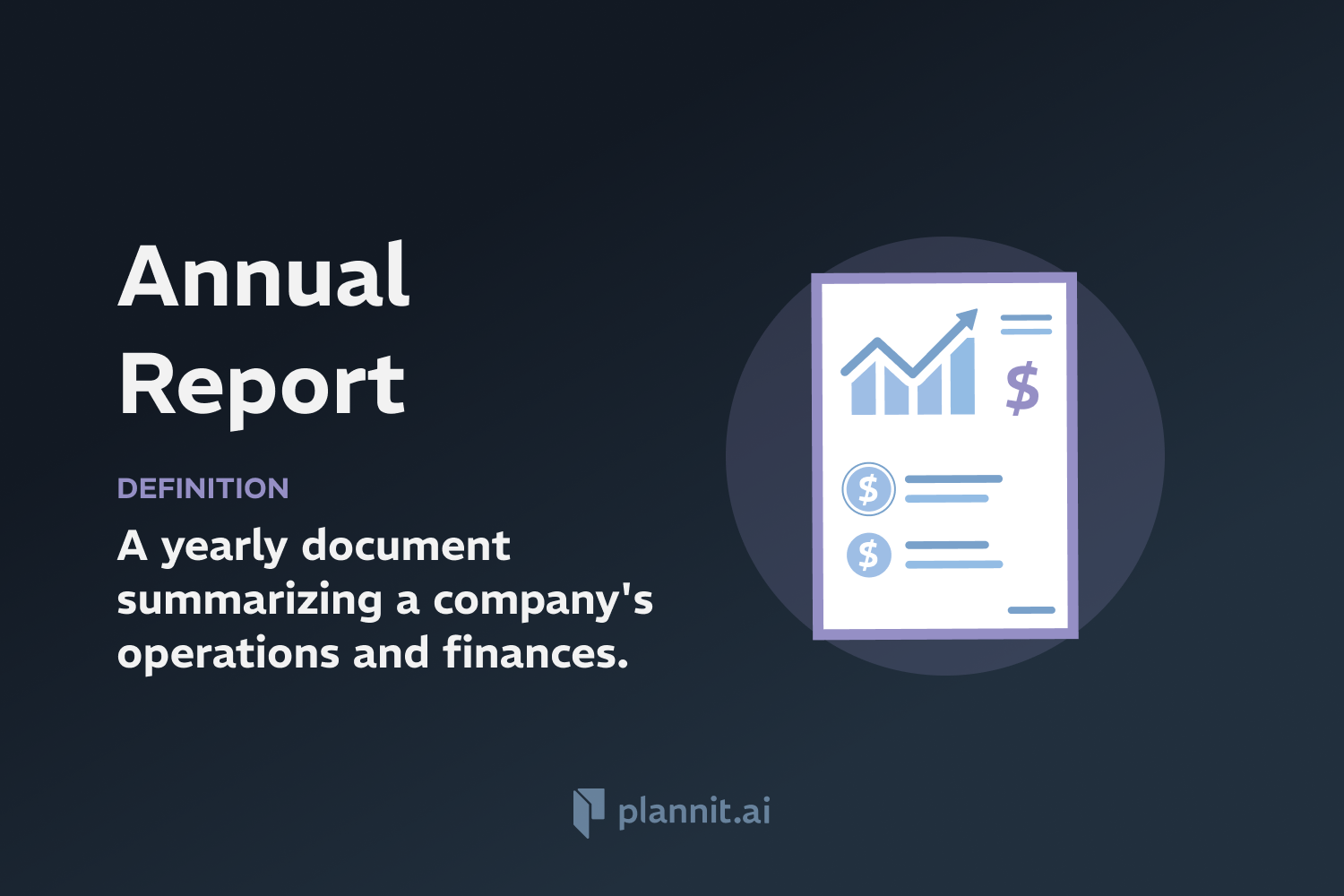Need Help With Your Business Plan?
Answer tailored questions and get a detailed business plan in minutes.
Chief Financial Officer (CFO): Definition & In-Depth Explanation
Definition:
The Chief Financial Officer (CFO) is a corporate officer primarily responsible for managing the financial risks of the corporation. This executive is in charge of financial planning, record-keeping, financial reporting, and the management of financial risks. The CFO's role also includes financial forecasting, analyzing the company's financial strengths and weaknesses, and proposing strategic directions.
Context of Use:
The CFO plays a critical role in companies of all sizes across various industries. The position is fundamental to the financial health of the organization, guiding senior strategic decisions and interfacing with stakeholders, including investors, board members, and financial institutions.
Purpose:
The purpose of the CFO is to oversee the financial operations of a company, provide leadership and coordination in the administrative, business planning, accounting, and budgeting efforts of the company. The CFO's insights and actions are designed to improve the company's financial strength and guide its strategic financial direction.
Example:
Financial Strategy: A CFO may develop strategies to reduce operational costs, optimize cash flow management, and enhance profitability through effective resource allocation and financial planning.
Related Terms:
Treasury: The corporate division responsible for managing the company's liquidity, ensuring its financial stability and handling capital-raising activities.
Capital Structure: The mix of a company's long-term debt, specific short-term debt, common equity, and preferred equity which funds its overall operations and growth.
Financial Modeling: Creating a summary of a company’s expenses and earnings in the form of a spreadsheet that can be used to calculate the impact of a future event or decision.
FAQs:
1. What are the key responsibilities of a CFO?
A: Key responsibilities include financial planning, managing the company’s finances, overseeing financial reporting, directing investment activities, and guiding senior strategic decisions regarding the company’s financial future.
2. How does the CFO interact with other parts of the company?
A: The CFO typically works closely with other senior executives, such as the CEO, COO, and CIO, to align the company’s financial management with its operational and strategic goals. They also coordinate with department heads to prepare budgets and monitor financial performance.
3. What qualifications are necessary for a CFO?
A: A CFO usually holds a degree in accounting, finance, or business administration. Many also have advanced degrees such as an MBA or certifications like CPA (Certified Public Accountant) or CFA (Certified Financial Analyst).
4. What are the challenges faced by a CFO?
A: Challenges include managing financial risks, ensuring accurate financial reporting, complying with regulatory changes, and maintaining investor relations.
5. How has the role of the CFO evolved in recent years?
A: The role of the CFO has expanded beyond traditional finance duties to include a broader strategic advisory role, involvement in operational decisions, and often contributions to discussions around technology investments and data-driven business strategy.
Get funding with a business plan that will impress investors.
Starting a New Business?



